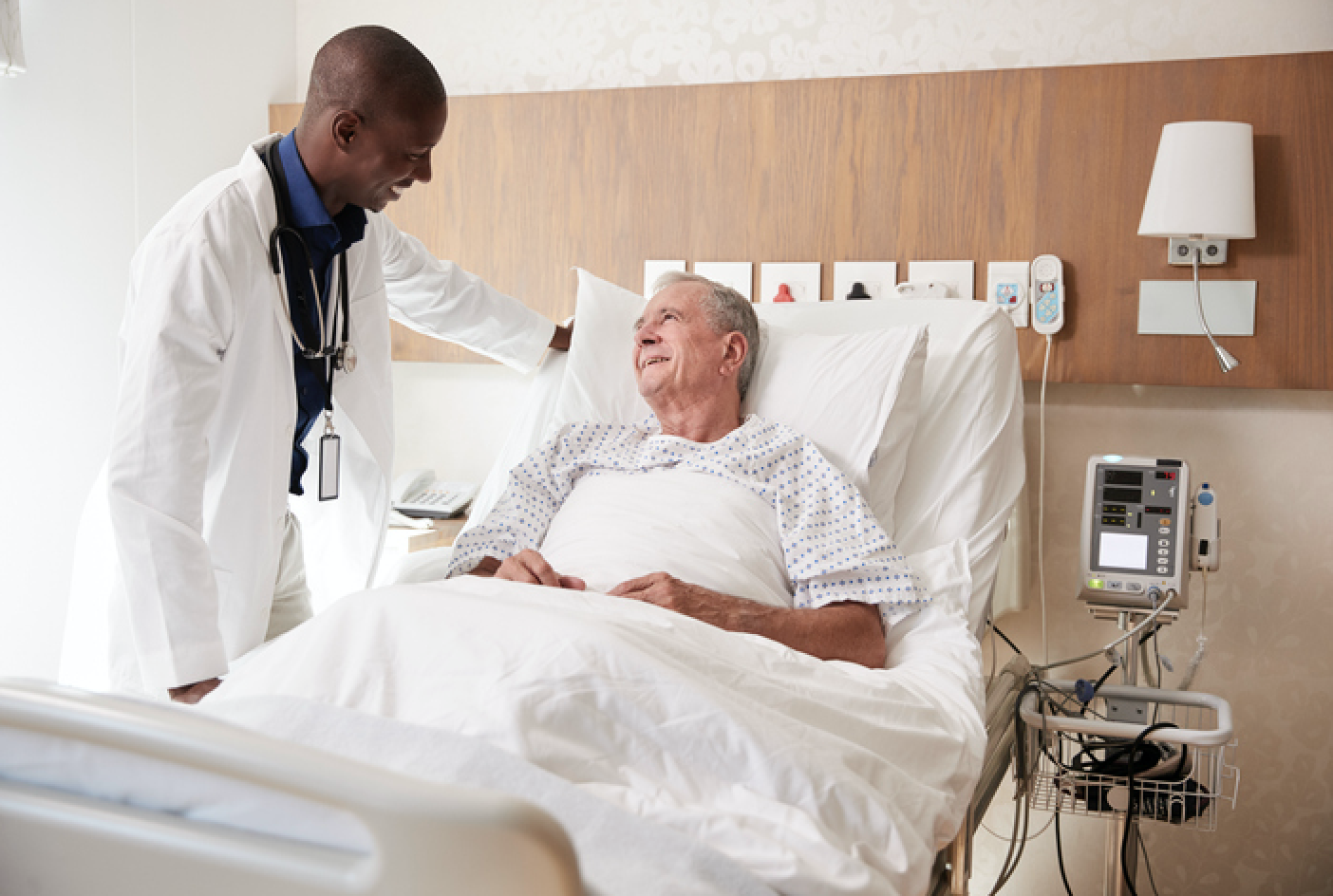Changes to CGM in Hospitals: Updated Rules and Generous CGM Donations
By Eliza Skoler
 By Eliza Skoler and Albert Cai
By Eliza Skoler and Albert Cai
The FDA will allow people with diabetes to use CGM in hospitals during the pandemic; Abbott and Dexcom are donating CGMs to hospitals in the US
Abbott and Dexcom announced that the FDA is allowing continuous glucose monitors (CGM) to be used in hospitals during the coronavirus pandemic. Until now, CGMs have not been permitted in hospitals and are still not officially approved by the FDA for hospital use.
This update is great news for people with diabetes, for several reasons:
-
More than half of people with diabetes who have been diagnosed with coronavirus have been hospitalized. Going to the hospital for any reason, but especially during the pandemic, is scary. People with diabetes who use CGM will feel more assured while in the hospital. This added sense of security cannot be overstated.
-
CGM means that healthcare professionals can monitor people in the hospital more remotely, without having to come into contact with them more frequently to check their blood sugar. This is important because it can reduce the risk of COVID-19 transmission.
In partnership with the American Diabetes Association (ADA), Insulin For Life USA, and the Diabetes Disaster Response Coalition, Abbott plans to donate 25,000 FreeStyle Libre CGM sensors to hospitals in US cities where the virus is widespread.
Dexcom began shipping CGMs to hospitals on April 4 and plans to make 100,000 sensors to sell to hospitals at low-cost. Dexcom will also donate 10,000 phones and CGM readers to hospitals for scanning the sensors. Dexcom developed a support page to help healthcare professionals use CGM under the current circumstances.
If you want to learn more about blood sugar management in hospitals, read diaTribe writer Adam Brown’s experience without CGM when his appendix burst.








